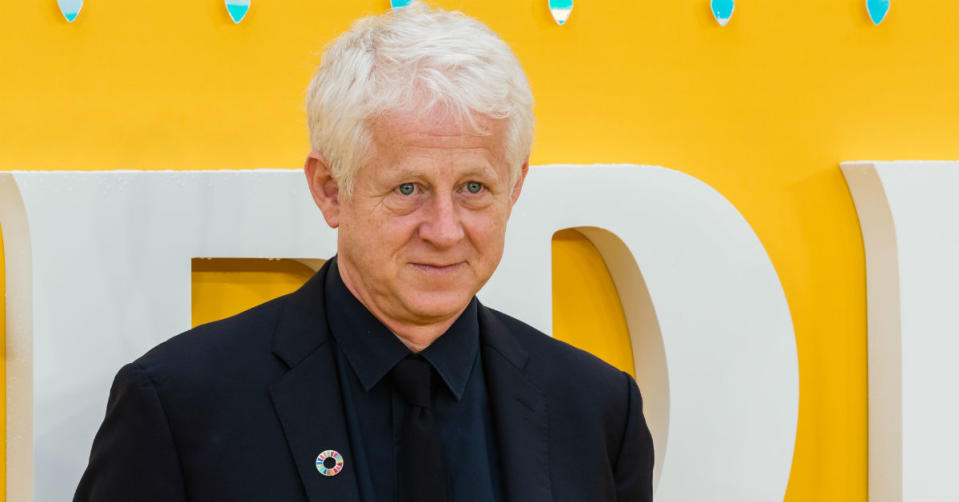Richard Curtis, writer of 'Notting Hill' and 'Love Actually', worries Netflix will sanitise British cinema

Screenwriter Richard Curtis, king of the middle-class rom-com, has said he is worried about Netflix sanitising British cinema.
Curtis’ box-office hits such as Four Weddings and A Funeral, Love Actually and Notting Hill have been criticised in the past for their white-washed portrayal of the UK, presenting a London with little ethnic diversity that is full of upper middle-class people living in sprawling city-centre properties.
But now, the filmmaker, whose comedies are notoriously clean-cut, has expressed his concerns that streaming service Netflix could mould UK films into a “sanitised, cleaned up” version of life as we know it.
Read more: Richard Curtis admits ‘Danny Boyle is a much better director than me’
According to Mail Online, Curtis told the Cheltenham Literature Festival: “I tried to write a movie set in America, the first film I wrote, but I realised that I didn’t know what people had in their fridge, what music they were listening to, how they got to school.”
Curtis said that his films were, in his view, so quintessentially British because he was writing about what he knew.
He added: “That’s why I’m so nervous about Netflix buying up all the talent and everything because I worry that things are going to get bent away from what we know into a sort of slightly sanitised, cleaned up and commercialised version of what we view as that experience.”
Many of Curtis’s films star Hugh Grant, and other famous faces to have featured in his movies include Julia Roberts, Andie MacDowell, Kristin Scott Thomas and Anna Chancellor.
Read more: Tom Kerridge defends £32.50 fish and chips at Cheltenham Literature Festival
Curtis himself has acknowledged how his unfamiliar version of London has contributed to the gentrification of parts of London, particularly Notting Hill, which was known as one of the most diverse areas of the country when his film came out in the late 1990s.
In 2015, he told The Independent: “I strongly support the campaign to try to keep Portobello Road as Portobello Road. I worry that my film [Notting Hill] was part of making that job more difficult.”

 Yahoo Movies
Yahoo Movies 
